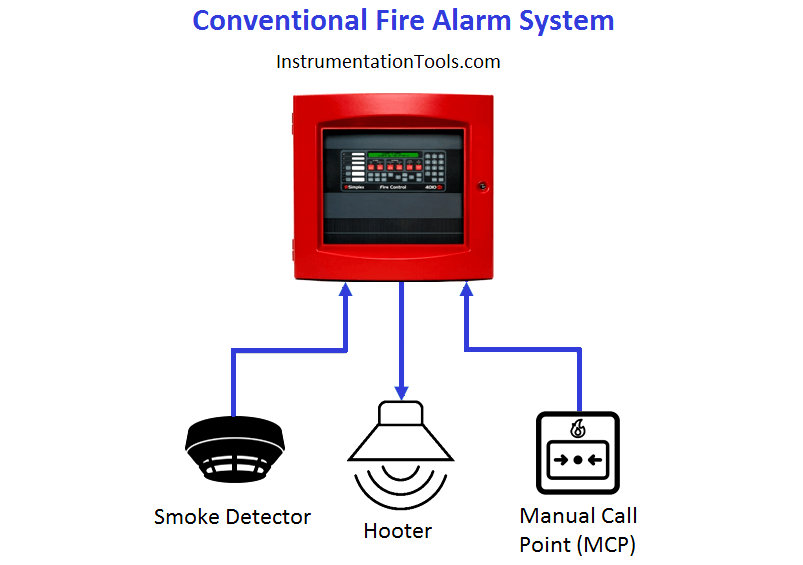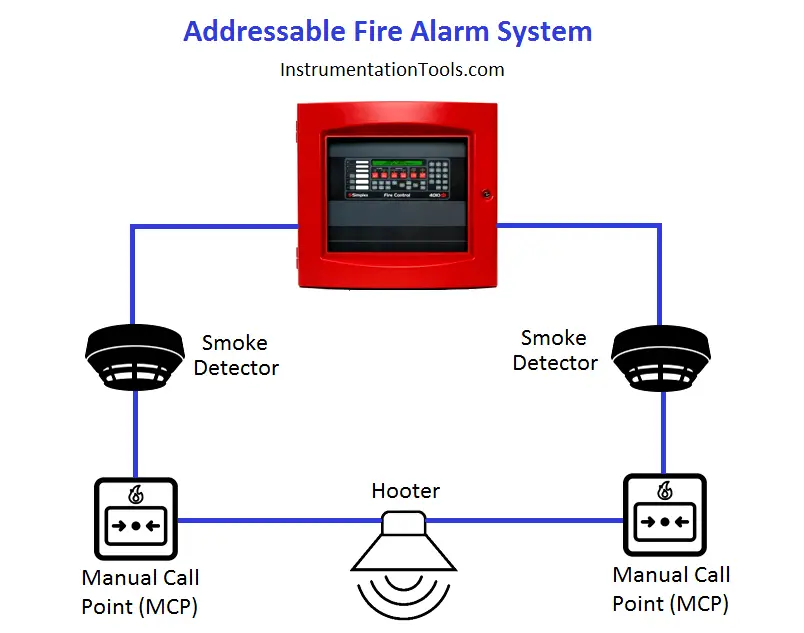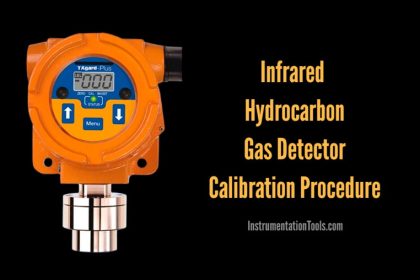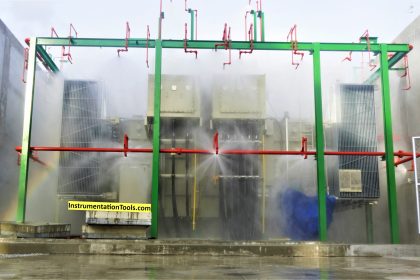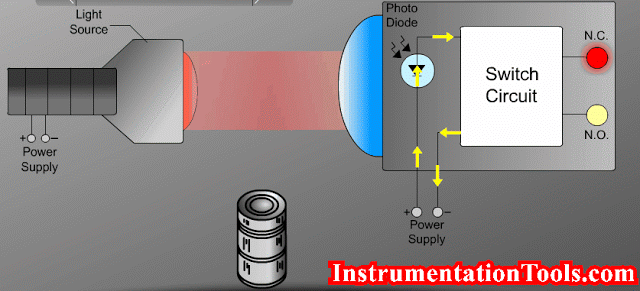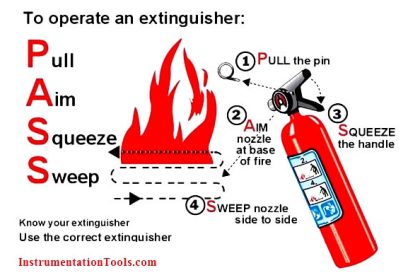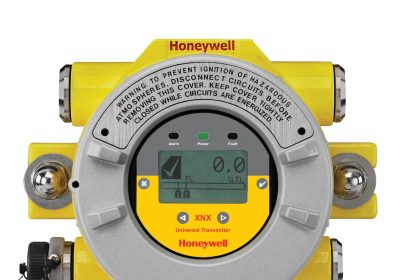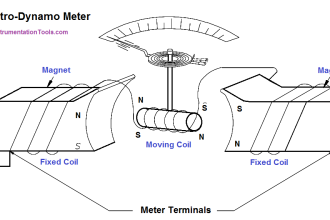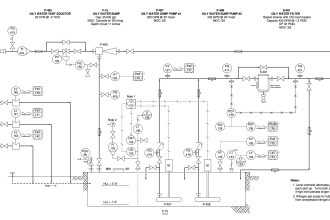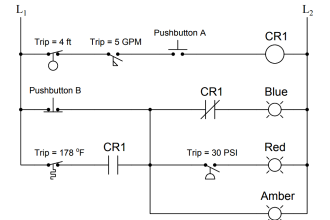Study this guide to have a basic understanding of two main types of fire alarm systems which are Conventional or Addressable Fire Control Panels.
There are various differences between the two types of alarm systems – Conventional systems and Addressable systems. Thus, choosing a better fire alarm system becomes a critical choice because you have to decide on the company.
If we talk about the main difference, it is related to how they transmit signals from connected devices to communicate to the main control panel. Cost is another factor that might be your deciding factor for the Fire alarm system that you choose.
Understanding the differences between the two in a better manner will help you pick out the best fire alarm system for your needs as well as your company’s requirements.
Let’s Understand Both The Fire Alarm Systems In Detail:
Conventional Fire Alarm Systems:
Conventional fire alarm systems use analog technology and are hardware-based which are made up of zones. The zones connect the control panel.
These zones have multiple devices including initiating and notification devices. These zones, to communicate to the control panel use electrical currents.
To increase the amount of electricity flowing in the circuit, they use initiating and notification devices in case of an emergency or environmental conditions of fire such as heat and smoke, in the zones or area if the environmental conditions as sensed by the sensor exceeds a predetermined threshold.
This increase or change in the electrical current is communicated to the control panel to trigger the alarm. The control panel differ in the number of devices it can support, so conventional fire alarm systems are limited in a way that the individual circuits communicate to the control panel, but it depends on the number of devices it can support.
Another issue faced with conventional fire alarm systems is that it does tell us whether a device gets activated but you can’t determine which device and were throughout the area.
Addressable Fire Alarm Systems:
Addressable fire alarm systems use digital technology to transfer information.
Unlike conventional fire alarm systems that use electric current to send information from one device to the control panel, Addressable fire alarm system devices will send the messages to the control panel as a binary code i.e. a combination of ones and zeros.
The binary code is generated through variations in voltage within the signaling devices. There obviously needs a system to convert these variations, thus the addressable system uses a ‘mini-computer’ to convert the variations into the transferable binary code.
The benefit of this system is that according to its design the addressable fire alarm system can convey a wide variety of critical information to the control panel in comparison to the conventional fire alarm systems which only have a single triggering system.
The addressable fire alarm systems are able to offer much more variety and variation in the information that is sent to the control panel because they use digital technology.
An added improvement is that the addressable system is able to recognize the location of the device needed or in critical condition and convey that information to you.
The newer versions of Addressable fire alarm systems can even convey the amount of smoke or heat the detector is sensing. This helps avoid situations where the devices unnecessarily go into alarm mode.
Because of the addressable fire alarm systems, it has become easier to control fires because you exactly get to know where the fire has started so you can immediately reach the site and stop it.
With conventional systems, it will take time, especially for the firefighters to spread out and find out the source of the fire unless it’s a very small area. With the addressable fire alarm systems, the firefighters will immediately get to know the origin of the fire.
Which Fire Alarm System Is Better For Your Industry ?
Analog devices i.e. conventional fire alarm systems are considered to be outdated and old today. However, many businesses and residencies still use them.
They are very beneficial and cost-effective when it comes to small areas. Thus, they are very beneficial to some settings. They are also very cost-effective which is another reason why they have been around for a long time.
However, cheap doesn’t mean bad quality, they are highly reliable. So when it comes to one or two-zone areas, Conventional fire alarm should definitely be the preferred system.
However, addressable fire alarm systems being more technologically advanced, more businesses are preferring this system because they get much more additional features and benefits. Thus, even the old businesses are replacing their conventional fire alarm systems with addressable systems.
When it comes to choosing a fire alarm system, you will have to look beyond the initial cost. You will have to see the long term benefits for your business because this is a matter of safety of yourself as well as your employees.
Author Bio:
Jacob Wallace work at Addon Technology as a community manager. Addon Technology is a solutions providing company (SITC expert) with an experience of more than 25 years with technical expertise and high-end professionals. The addon is a leading company in Gujarat (India) along with being the most preferred supplier of CCTV Security and Surveillance products from CCTV cameras and VESDA system, Gate Automation and Fire Alarm System.
